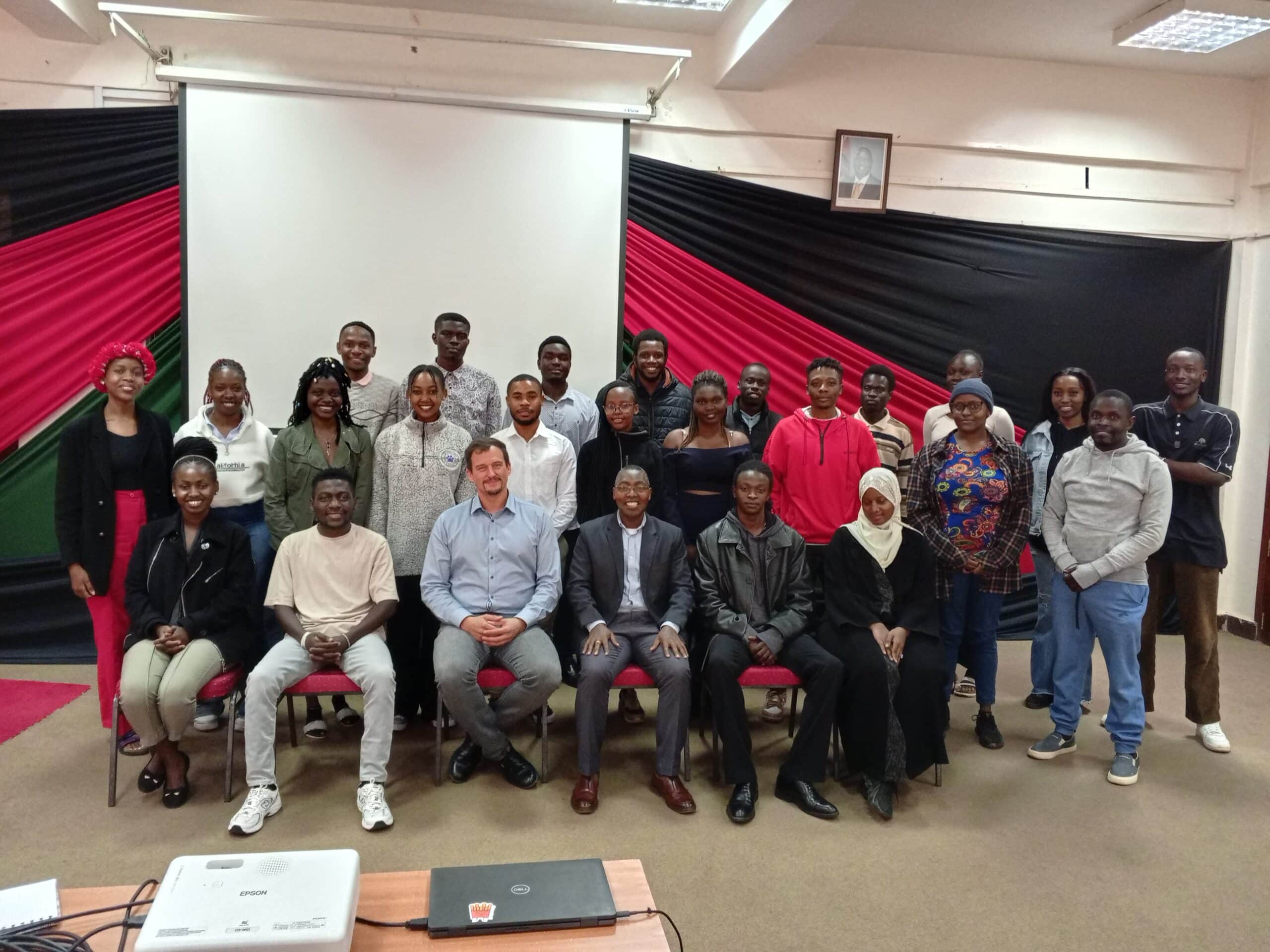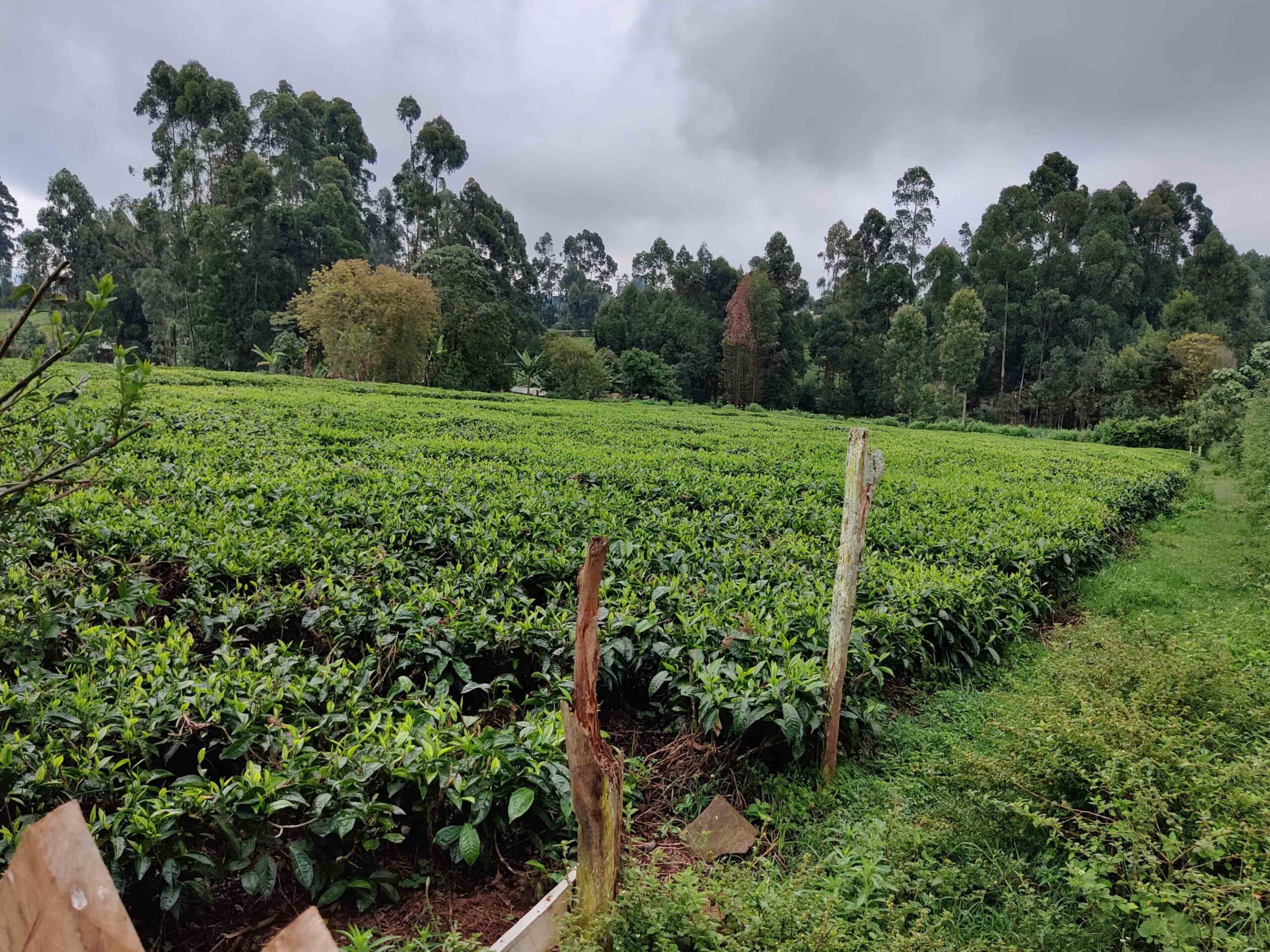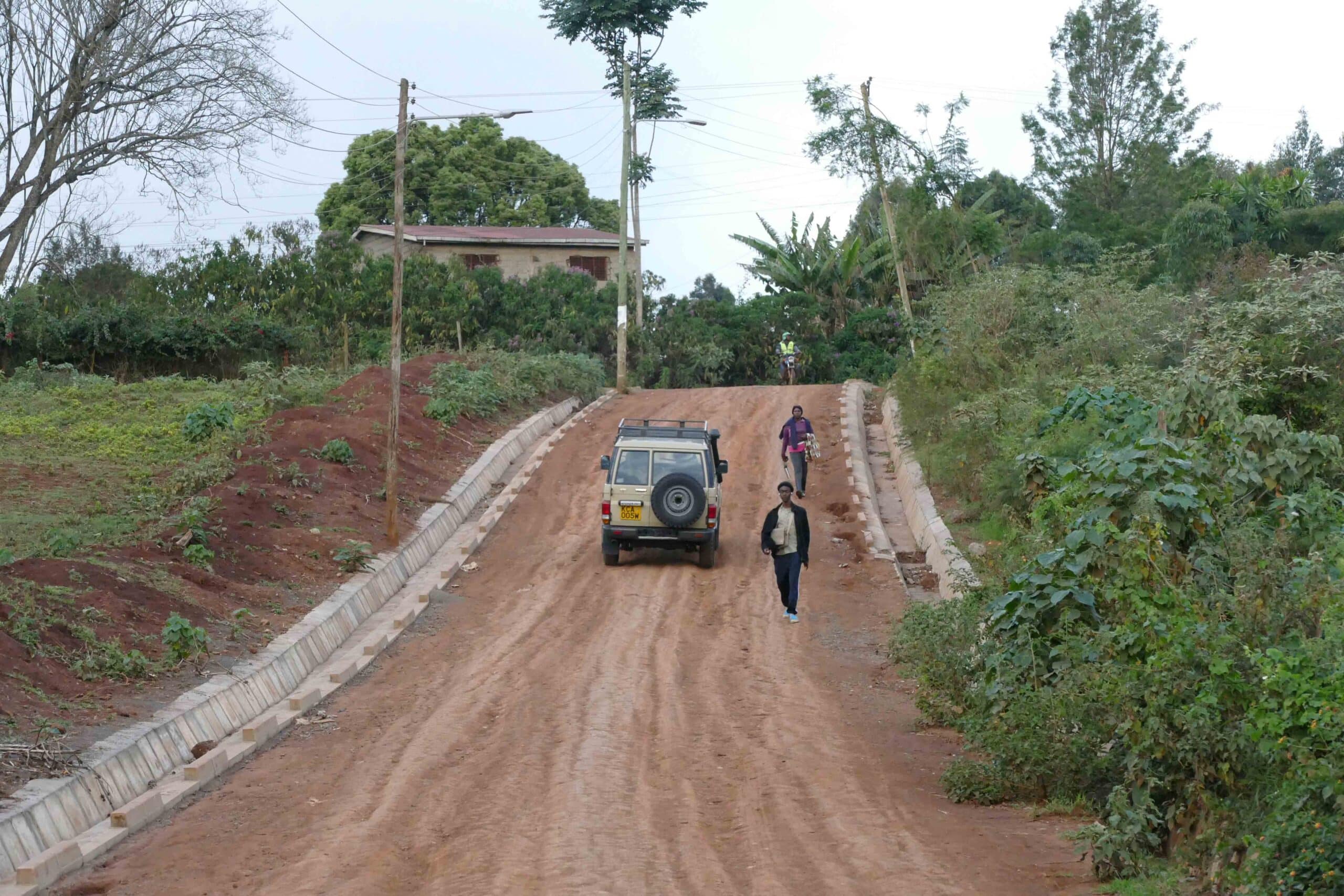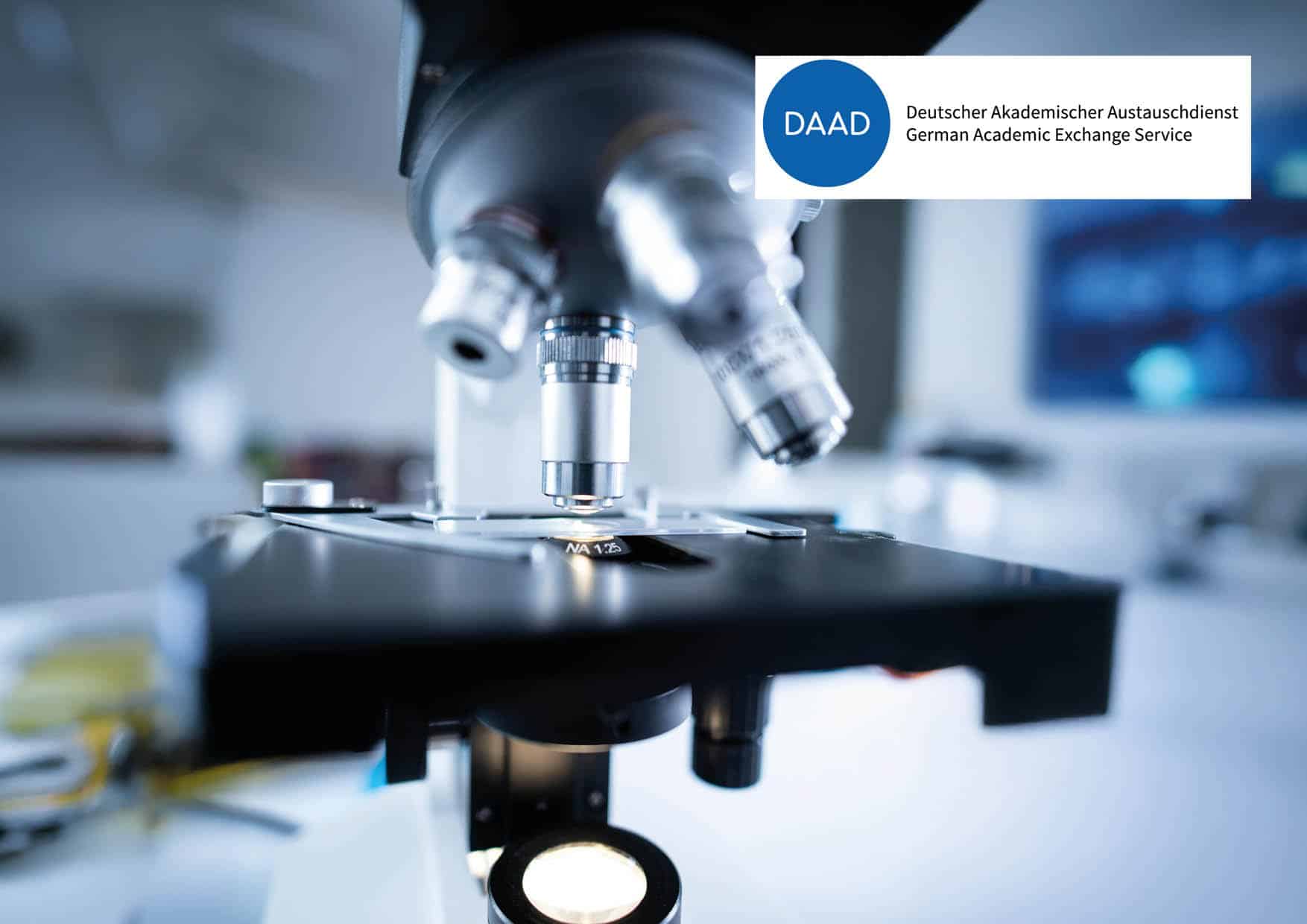9:00am – 4:00pm,
Thursday 27 October 2022,
School of Humanities,
United States International University, Nairobi, Kenya
(virtual and in-person attendance)
Infrastructure development has experienced a political renaissance in Africa and is again at the centre of national, regional, and continental development agendas. Global development discourse and practice tends towards the view that infrastructure needs to be built, upgraded, and rendered more efficient to increase African states’ ability to deliver economic and social development (see Schindler and Kanai 2021; Cissokho 2022).1 National governments are eager to advance large-scale infrastructure developments that will drive economic growth, reduce reliance on foreign aid, and provide stable revenue sources and employment (Unruh, et al 2019).2
However, infrastructure investments are frequently implemented in peripheral, previously marginalized areas and rural areas. The planned LAPSSET corridor in Kenya, is to traverse six counties in the arid/semi-arid pastoral rangelands of the north, while the 500km Standard Gauge railway from Mombasa through Nairobi passes through around 500km of rural rangeland, some occupied by Maasai pastoralists. Such areas often have limited interaction with outside actors, laws and institutions (national and international). Planners may be ignorant of existing social orders and land-use practices (Moseley and Watson, 2016), legal frameworks may be weak to protect rights of local communities and social safeguards may be tokenistic.
This one-day conference will explore whether the projects herald a new era of inclusion and prosperity for rural communities, or the familiar experience of displacement, conflicts, corruption, debt, exclusion and environmental scarcity. Do they bring new conflict dynamics and or exacerbate existing ones? The topic is sufficiently broad as to be inclusive of research at various career levels and in various parts of the region and the aim is to bring together scholars and practitioners in the Greater Horn Region to share research on emerging issues of conflict and violence (both direct and indirect) surrounding infrastructure projects. We look forward to a wide range of contributions.
If you wish to present a paper kindly correspond with one of the organizers listed below, providing an abstract before Friday 14th October, 2022.
Miki Silanka-Yoshizumi: mikisilanka@gmail.com
Evelyne Owino: mcowino.evelyne@gmail.com
Moses Onyango: onyangomoses@hotmail.com






